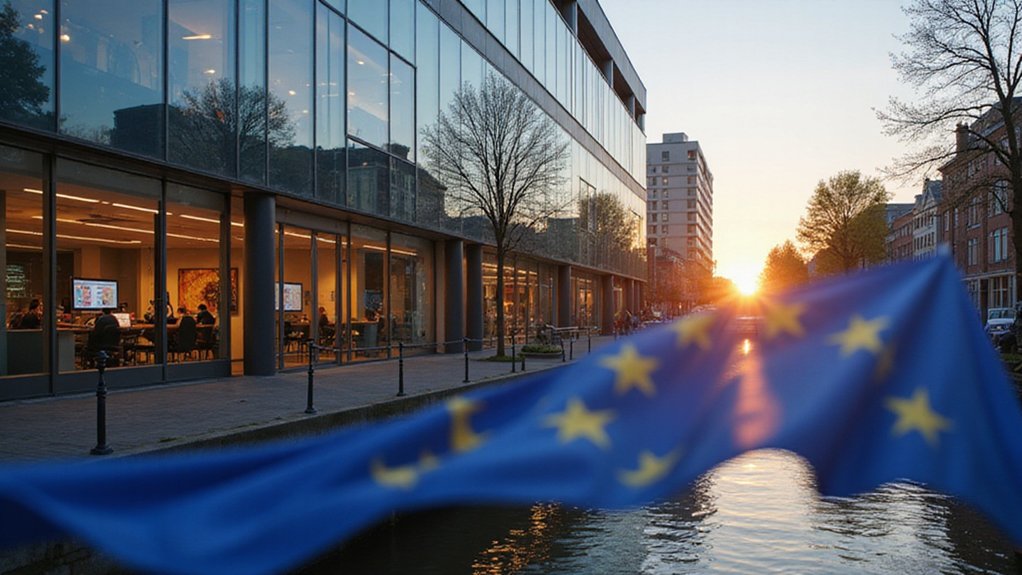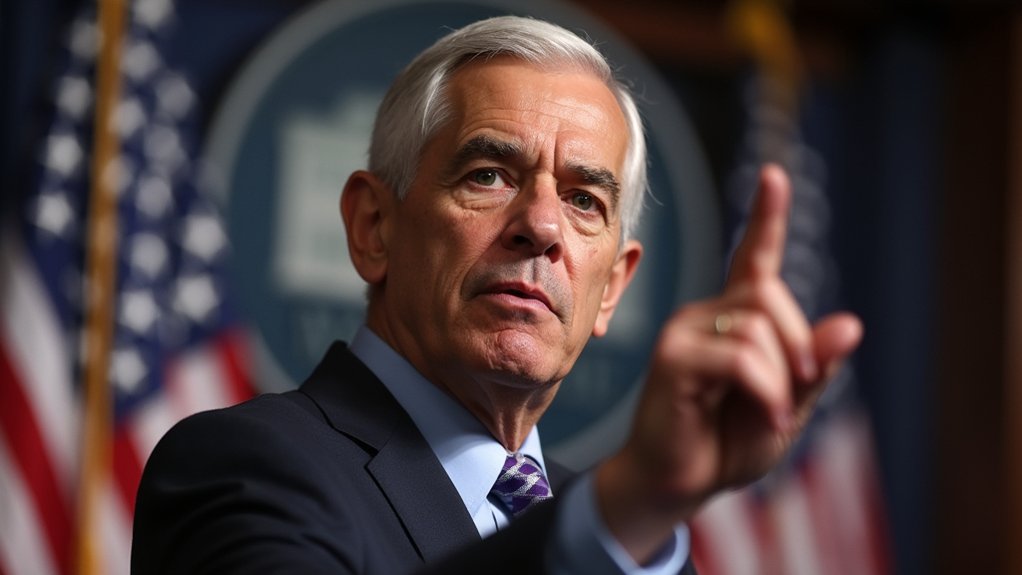Bitvavo has secured the coveted MiCA license from the Dutch Authority for Financial Markets (AFM), becoming one of the first cryptocurrency exchanges to navigate the European Union’s new regulatory framework—a feat that positions the Amsterdam-based platform as both pioneer and standard-bearer in a market where regulatory clarity has been as elusive as consistent profitability.
The acquisition represents more than bureaucratic box-ticking; it’s a strategic masterstroke that grants Bitvavo passporting rights across all 27 EU member states. While competitors scramble to decipher MiCA’s labyrinthine requirements, Bitvavo can expand operations with the kind of regulatory certainty that institutional investors find irresistible (and retail investors rarely understand they should demand).
MiCA’s consumer protection mandates—enhanced transparency, stricter custody requirements, and robust operational resilience—transform what was once crypto’s Wild West into something resembling a regulated financial marketplace. For Bitvavo’s nearly two million users, this means depositing funds with an entity that meets standards comparable to traditional financial institutions, rather than trusting their digital assets to platforms that might evaporate faster than their founders’ promises of decentralization.
MiCA transforms crypto’s regulatory wasteland into a marketplace where user funds face institutional-grade protection rather than founder-grade promises.
The licensing process, described as “rigorous yet efficient,” suggests the AFM struck an ideal balance between thoroughness and pragmatism—a diplomatic way of saying regulators didn’t kill promising innovation with excessive bureaucracy. This constructive collaboration between Bitvavo and Dutch authorities demonstrates that meaningful regulatory engagement need not be adversarial, even in an industry where “move fast and break things” once passed for business strategy.
Beyond operational advantages, Bitvavo’s MiCA compliance signals broader market maturation. The platform’s proactive approach to regulatory alignment may inspire competitors to abandon jurisdictional arbitrage in favor of genuine compliance—assuming they possess the technical infrastructure and capital reserves such endeavors require.
The license’s timing proves fortuitous as institutional participation accelerates across European crypto markets. Regulatory clarity removes compliance uncertainty that previously deterred conservative institutional capital, potentially increasing liquidity and market depth.
For an industry built on trustless protocols, it’s wonderfully ironic that trust in regulatory frameworks may ultimately drive mainstream adoption more effectively than any technological breakthrough. Meanwhile, the rise of decentralized finance continues to challenge traditional centralized exchanges by offering peer-to-peer transactions without intermediaries, creating an interesting contrast to Bitvavo’s regulated, compliance-focused approach.








